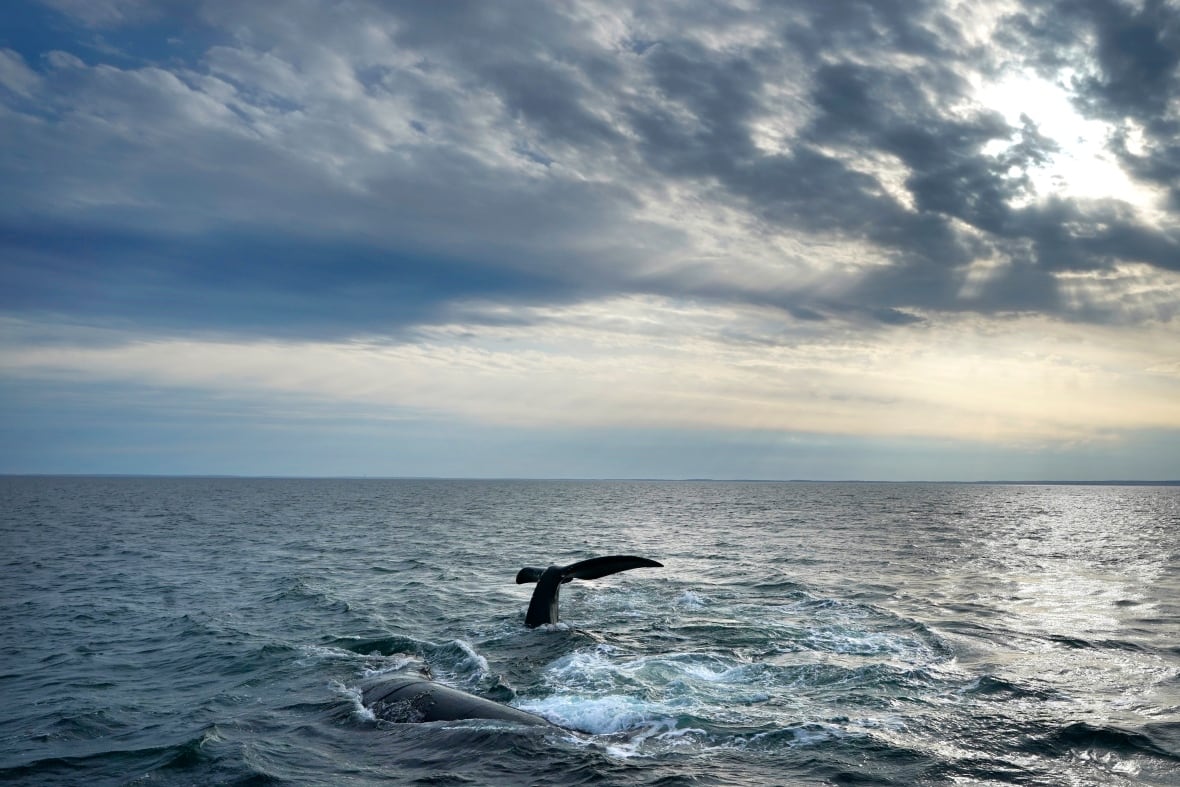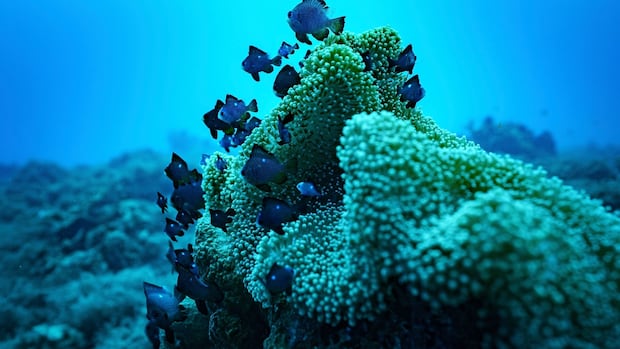The first contract for the protection of marine diversity in international waters will come into force early next year after Morocco became the 60th country to ratify the agreement on Friday.
The open -air contract is the first legal framework aimed at protecting marine biodiversity in international waters – those outside the jurisdiction of each country. International waters represent nearly two -thirds of the ocean and almost half of the earth’s surface and are vulnerable to threats, including supercollar, climate change and deep sea extraction.
“At the beginning of the sea, they are the largest crime scene in the world, they are unmanageable, unmanageable, and regulatory legal structure is absolutely necessary,” said Johan Bergenas, Senior Vice President of the Oceans in the World Wildlife Fund.
However, the power of the pact is uncertain, as some of the largest players in the world – the United States, China, Russia and Japan – have not yet ratified. The United States and China have signed a signal of the intention to be aligned with the goals of the treaty without creating legal obligations, while Japan and Russia were active in preparatory conversations.
Canada has signed the contract But he still doesn’t ratify it.
Ratification triggers a 120-day countdown in order for the contract to enter into force. But there is a lot more work to unfold how it will be applied, funded and applied.
“You need bigger boats, more fuel, more training and a different regulatory system,” Bergenas said. “The contract is fundamental – now hard work begins.”

How it works
At the beginning of the sea, they are home to an array of marine life and are crucial to regulating the earth’s climate – they absorb heat and carbon dioxide and generate half of the oxygen we breathe. The contract is essential for achieving what is known as the goal of 30×30 – an international bet to protect 30 percent of the planet’s land and sea by 2030.
The treaty creates a legal process for the countries to create marine protected areas in these waters, including rules for potentially destructive activities such as deep -haul and geo -engineering mining schemes. It also establishes a framework for mechanisms for sharing technology, financing and scientific cooperation between the countries.
Most importantly, the contract decisions will be made multilaterally through what are known as parties conferences, not by individual countries acting themselves.
Within one year of the entry into force of the Treaty, the parties will be implemented to make decisions on the implementation, financing and supervision and only the countries that ratified before, will be eligible to vote.
Concerns about implementation
Some experts warn that the impact of the contract may be dull if the most powerful players on the high seas remain outside it.
“If large fishing countries such as China, Russia and Japan do not join, they could undermine the protected areas,” said Guillermo Cospo, an open -air expert in the International Union for Nature Protection (IUCN).
“It will be interesting to see how the implementation of the contract will work without those who have historically used the most resources in the high seas.”
The contract does not create its own criminal execution. Instead, it largely relies on individual countries to regulate their own ships and companies.

If a ship flying to a German flag violates the rules, for example, it is Germany’s responsibility to act, said Torsten Tiele, founder of Global Ocean Trust and Ocean and Ocean Advisor Blue financesS
This makes universal ratification essential, he said. “If someone has not registered, it will argue that it is not bound.”
Enric Sala, the founder of the National Geographic Seas Marine Naval Reserve project, warned that some nations may cite the contract as a reason to slow down or avoid conservation efforts within their own waters.
“There are countries that use the process to justify inaction at home,” he said.
Marine ecosystems are at risk
Lisa Spheer, director of the International Program of the Defense Council of Natural Resources, said he was unable to protect the open sea could mean damage to the waters of every department of the nation.
“Maritime life does not respect political boundaries. So the fish migrates across the ocean,” Speer said. “It’s the same with turtles, seaside birds and a whole bunch of other marine life.
“So what is happening in the high sea can really affect the health and resilience of the ocean within the national jurisdiction within our coastal waters.”
The ocean survey pioneer Sylvia Earl welcomed ratification, but called on the leaders not to view it as the final line.
“This is a way station – not the end point,” she said.
“If we continue to accept from the ocean to the scale we are currently, we use the ocean as a landfill, as at the moment, yes, to put fish and whales and wings in Antarctica and on the high seas, but we are at risk.”
For small island nations such as Vanuatu, the contract marks a major step towards inclusion in solutions that have long been out of their scope.
“Everything that affects the ocean affects us,” says Ralph Regenvan, Vanuatu Minister for climate change.
https://i.cbc.ca/1.7638823.1758312941!/fileImage/httpImage/image.jpg_gen/derivatives/16x9_1180/climate-high-seas-treaty.jpg?im=Resize%3D620
2025-09-19 21:37:28

